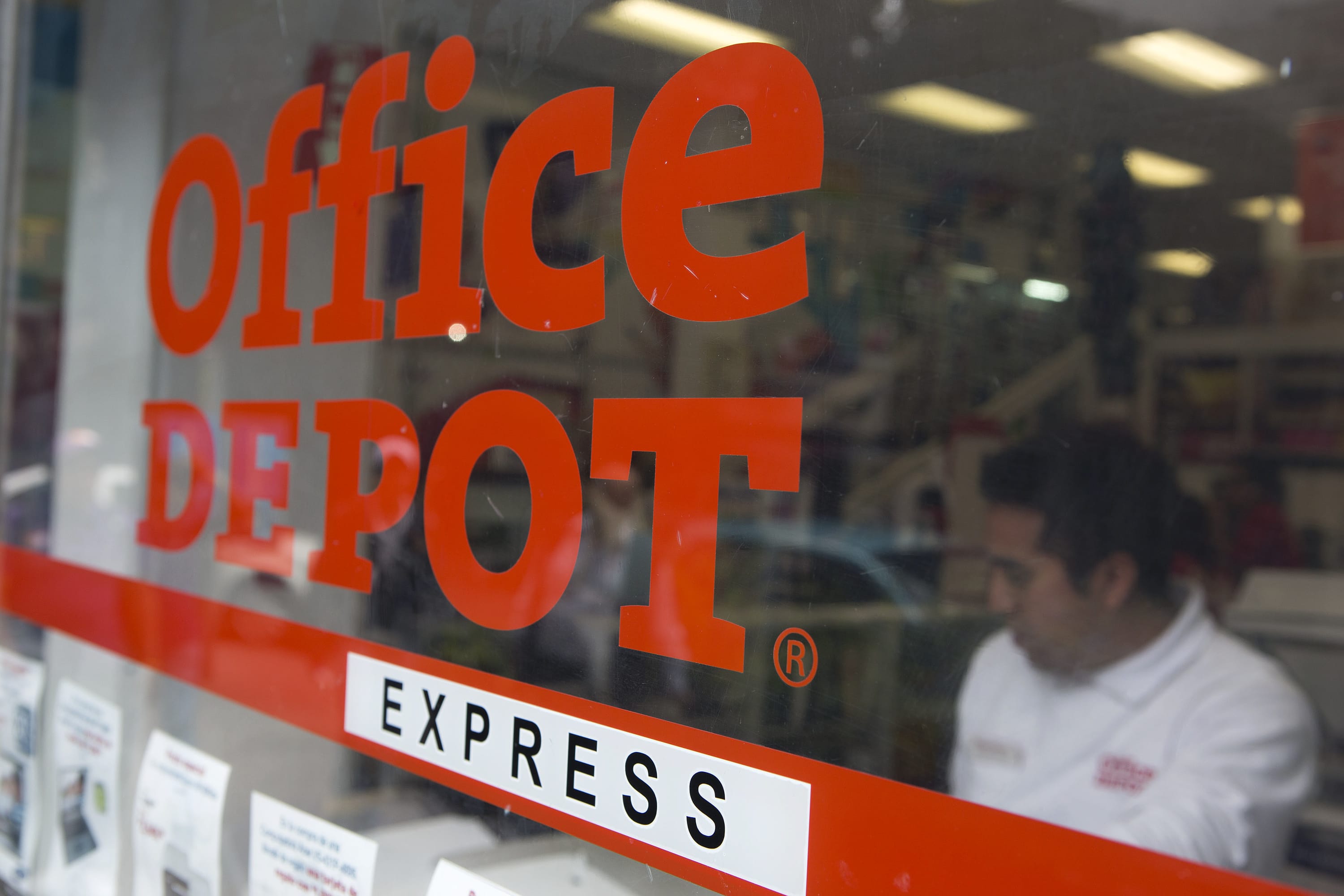
Company: ODP Corp. (ODP)
ODP Corp. is a provider of business services, products and digital workplace technology solutions to small and medium businesses. The company has a fully integrated business-to-business distribution platform of approximately 1,300 stores and online presence. The company, formerly Office Depot, has three different segments: the Business Solutions Division (the largest component of the integrated B2B platform), the Retail Division and the CompuCom Division, which ODP acquired in 2017 for $ 1 billion. It operates under the brands Office Depot, OfficeMax, CompuCom and Grand & Toy.
Stock Market Value: $ 2.2 billion ($ 42.69 per share)
Activist: HG Vora
Percentage Ownership: 9.49%
Average Cost: $ 21.00
Activist Commentary: HG Vora is not an activist investor, but has shown to be active value investors when necessary. It is an event driven, value-oriented fund that was founded in 2009 by Parag Vora. HG Vora is part of a new breed of activism – deep value investors who have experience being activist when necessary, but do not use it as their prime strategy. Activists like this are often less threatening and well-respected among boards and institutional investors.
What’s happening:
On Jan. 25, 2021, HG Vora and the company entered into a Cooperation Agreement, pursuant to which the company increased the size of the board to ten directors and appointed Marcus B. Dunlop, a Partner at HG Vora, to the board as a director with a term expiring at the 2021 Annual Meeting. HG Vora agreed to abide by certain customary voting and standstill provisions.
Behind the scenes:
Staples has been trying to acquire ODP for six years, but its 2016 offer of $ 6.3 billion failed to get regulatory approvals. Since then, Staples was acquired by Sycamore Partners, who made an offer on Jan.11, 2020 to acquire ODP for $ 40 per share in cash. Sycamore’s plan was to buy ODP and sell the Business Solutions and the CompuCom Divisions and only keep Retail.
On Jan. 19, 2021, ODP issued a letter stating that the board unanimously concluded that there is a more compelling path forward for the company than the potential transaction outlined in the acquisition proposal. The company will be pursuing its strategy of building out its B2B strategy and other growth initiatives and continuing its process for the sale of CompuCom. The company did, however, state that it was open to combining the retail and consumer-facing e-commerce operations with Staples under mutually-acceptable terms.
The company did not outright reject Staples’ proposal, but rather suggested a joint venture that would maximize synergies and efficiencies while reducing the regulatory risk of pursuing a retail-only transaction.
In the midst of all of this, a representative of HG Vora added to the board. This is a critical time for the company, and the board should be commended for adding a shareholder representative to the board to assist in this important analysis and decision.
HG Vora’s SEC filings indicate that it was a passive investor until Jan. 19, when presumably it started talking to the company about joining the board. The fact that a settlement was reached on Jan. 25 shows that this was very amicable and not only something HG Vora wanted, but also something the company felt was important.
Having an institutional shareholder representative on a board at a time like this is like having free access to an investment bank that does not care about fees, only shareholder value. HG Vora’s representative is going to be able to take any of ODP’s potential strategic opportunities back to HG Vora where they can model everything out and help the board figure out the best strategic option to create shareholder value.
HG Vora clearly sees further value from here or else they would have walked away from this investment with a 126% return in less than six months. Taking a board seat at this point in time shows not only that they are confident that there is more value, but that they are long term investors who focus on shareholder value.
Finally, it is important to note that Starboard had an activist campaign at Office Depot in 2012 and two of the directors (Joseph S. Vassalluzzo and Cynthia A. Jamison) that Starboard put on the board are still on the board, with Vassalluzzo serving as the non-executive chairman of the board.
Ken Squire is the founder and president of 13D Monitor, an institutional research service on shareholder activism, and the founder and portfolio manager of the 13D Activist Fund, a mutual fund that invests in a portfolio of activist 13D investments.






